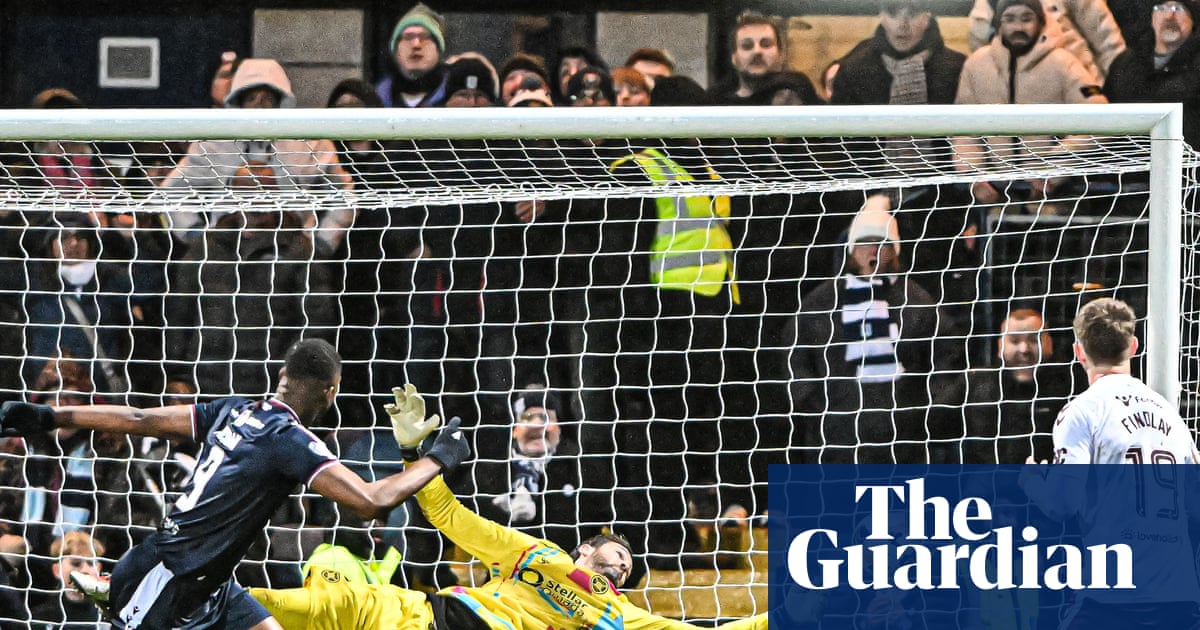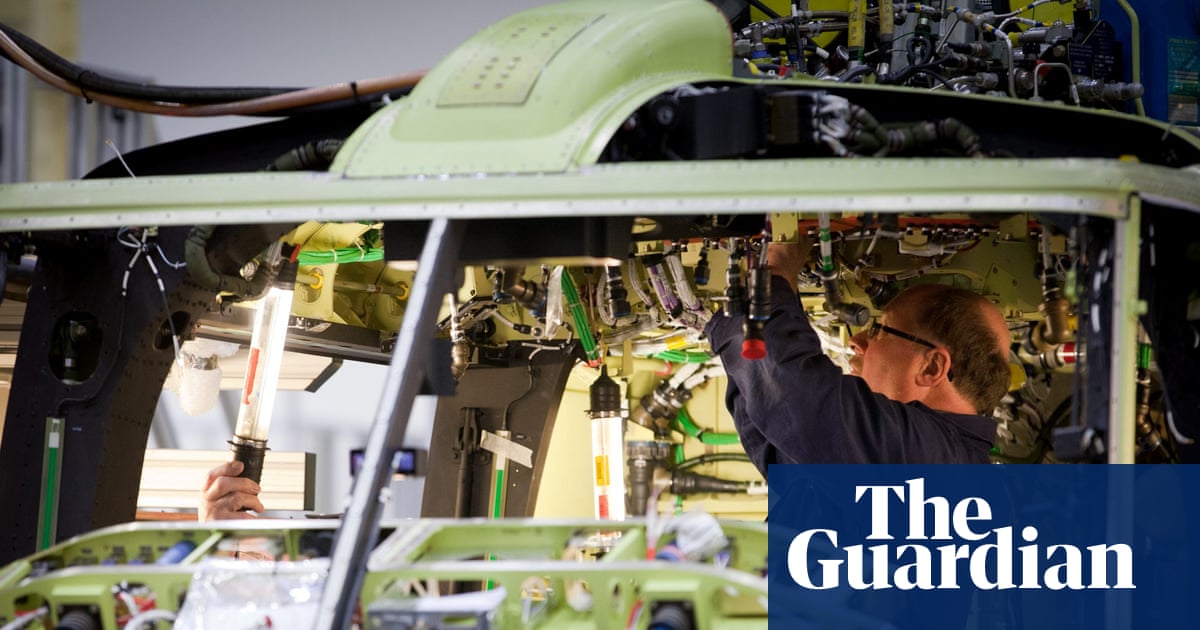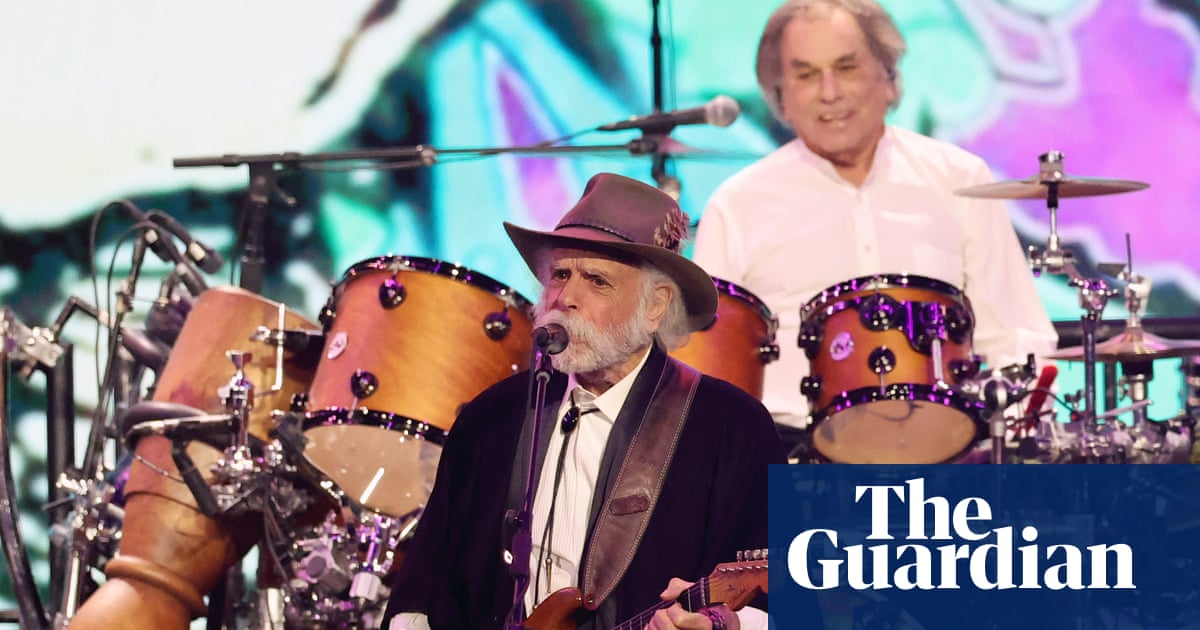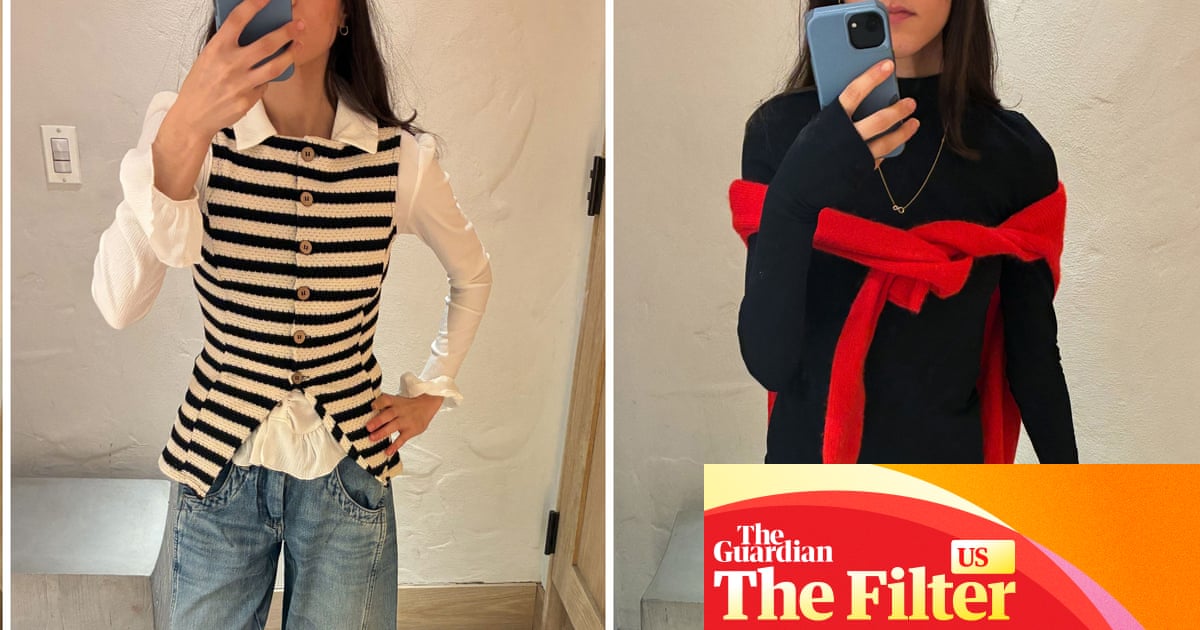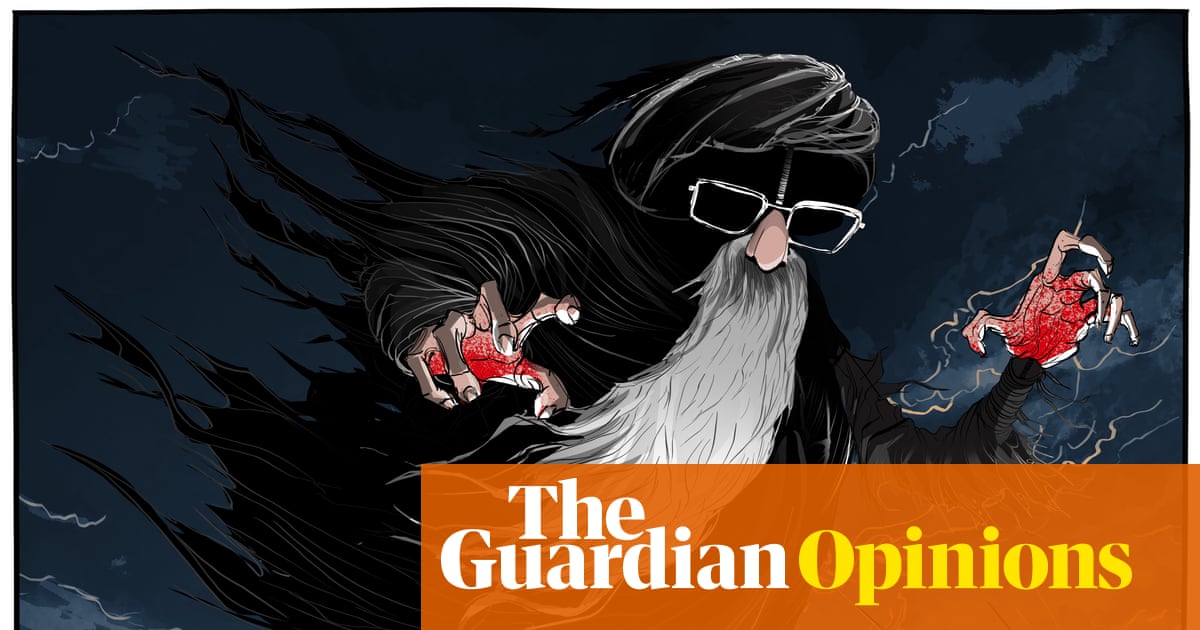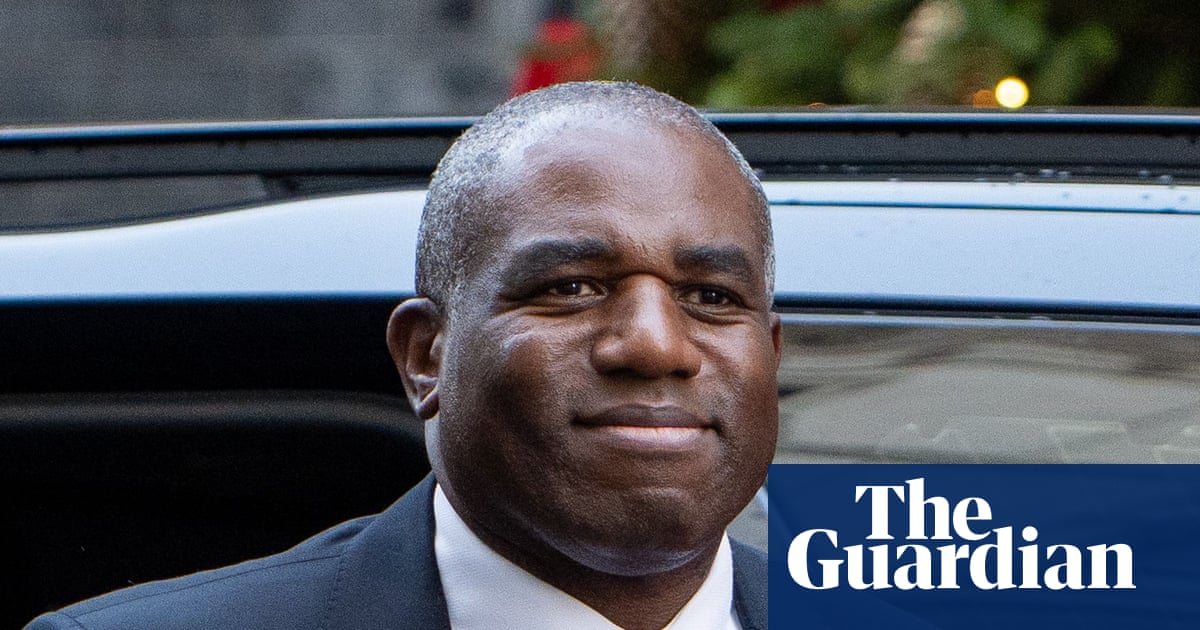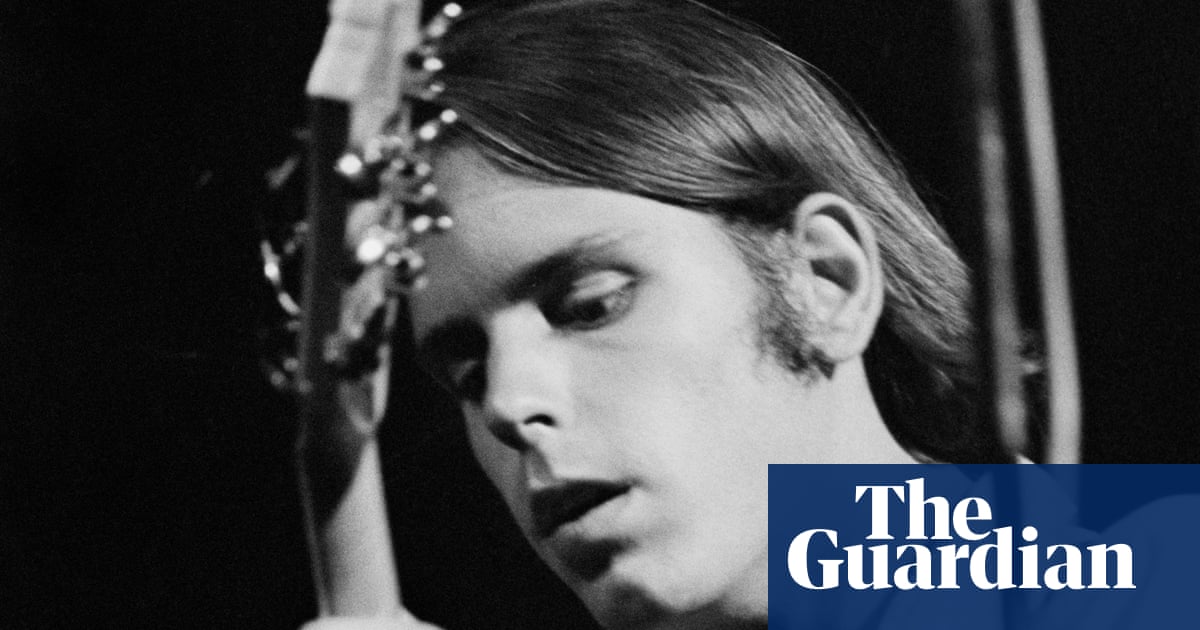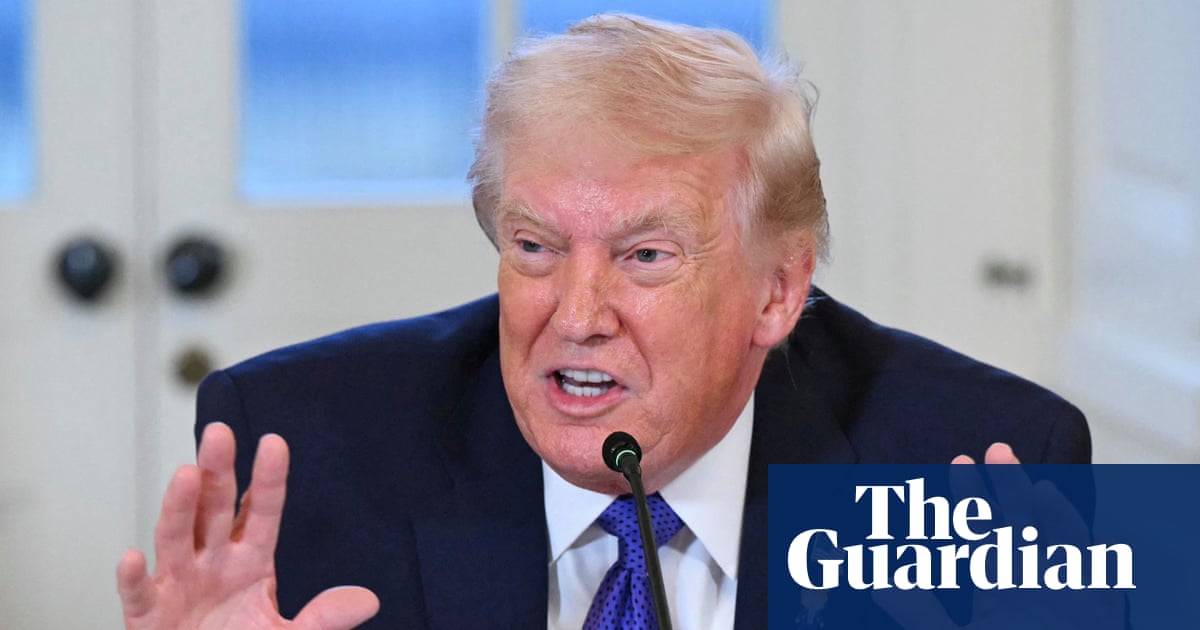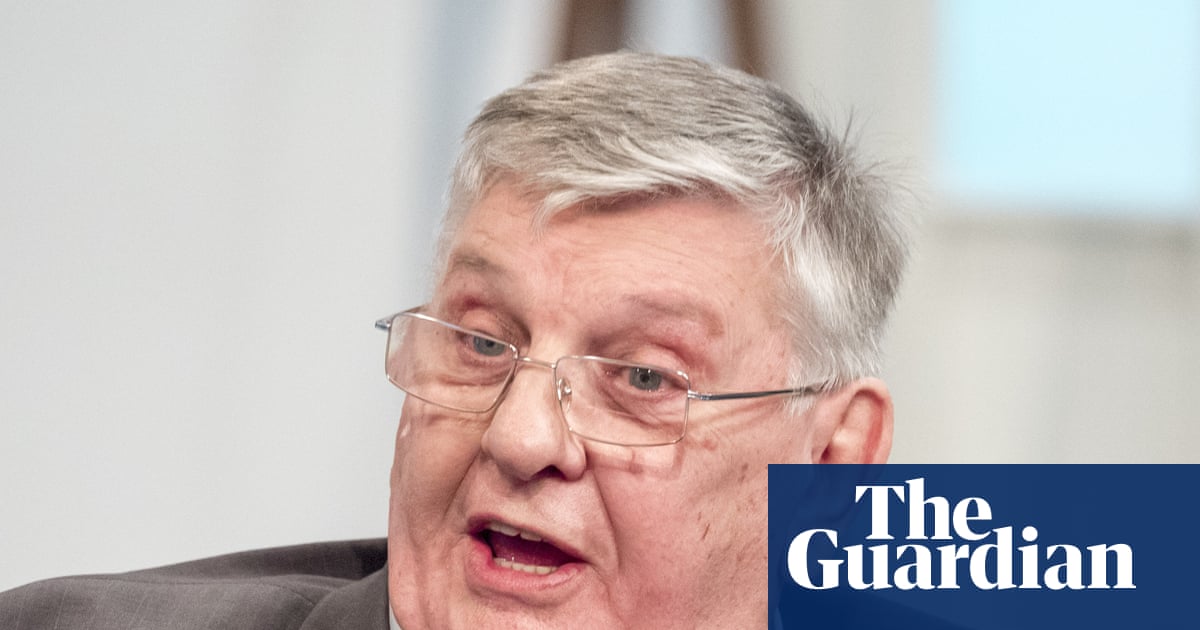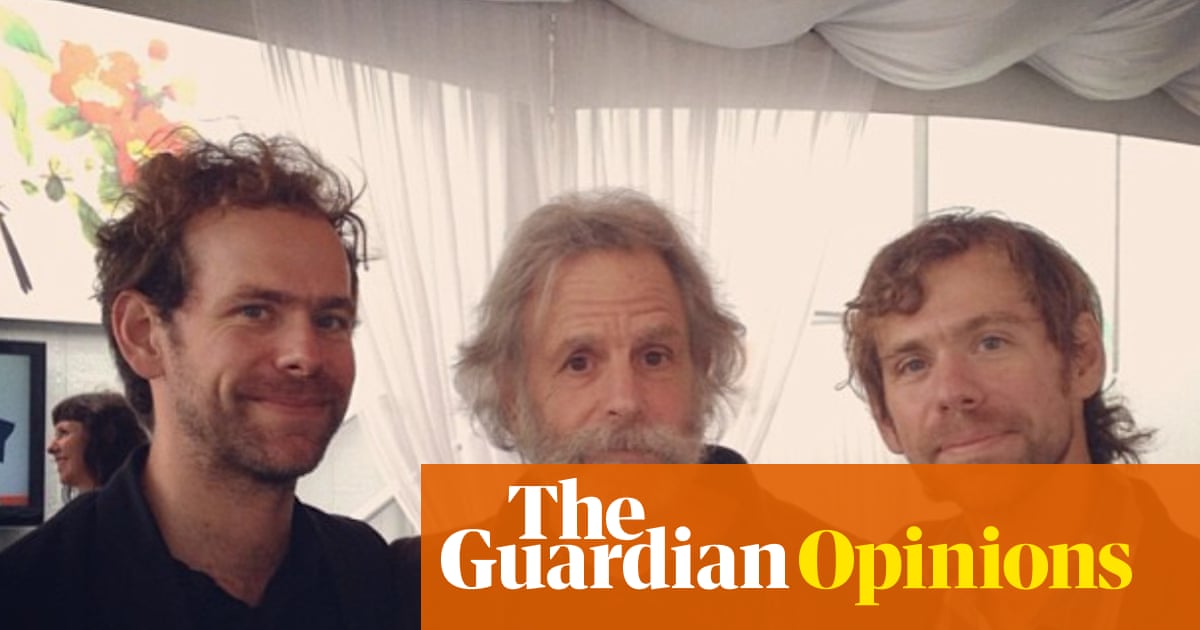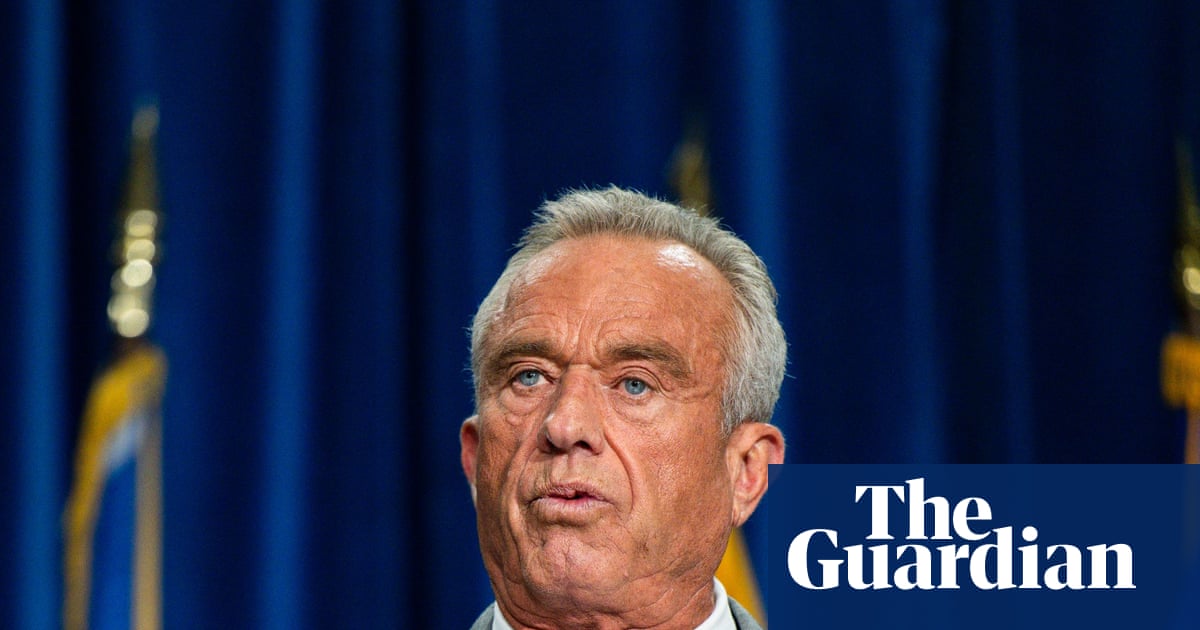It was 11.40am, 20 minutes before parents were due to collect their children from a Taylor Swift-themed workshop in Southport on a warm, sunny day at the start of the summer holidays.
One of the mothers decided to hang the washing out. It was too early to pick her daughter up, she thought. It was an ordinary decision, on an ordinary morning. But it is one that has haunted her ever since.
Five minutes later, at 11.45am on Monday 29 July 2024, Axel Rudakubana walked into the Hart Space, hood up, and entered the first-floor studio. Many of the 26 young girls were gathered around a table making bracelets.
At first, they thought he was there to show off a puppy belonging to the instructor, Leanne Lucas. Then he grabbed a child. They thought it was a fake knife, fake blood. Running and screaming, one girl thought they were playing hide and seek.
Their innocence was shattered in seconds. In just 12 minutes, the 17-year-old carried out the most barbaric knife attack on British children in modern times. He inflicted hundreds of injuries that are too distressing to recount.
For the first time, families of 22 of the girls present that day have spoken about its horrifying impact in emotional testimony to a public inquiry at Liverpool town hall.
Over five days of harrowing testimony, the inquiry heard how many of those stabbed only survived due to the expert care of police, paramedics, strangers and surgeons. But the psychological scars run searingly deep.
They suffer nightmares, flashbacks, panic attacks. They are unable to sleep alone, triggered by blood, screams, sirens – even open doorways like the one Rudakubana walked through.
The parents of the three young girls who were murdered – six-year-old Bebe King; Elsie Dot Stancombe, aged seven; and Alice Da Silva Aguiar, nine – will appear before the inquiry on Monday.
The hearings will then examine how such a troubled teenager with a well-known obsession with knives and extreme violence – who was referred three times to the counter-radicalisation scheme Prevent – was able to carry out what the inquiry chair, Sir Adrian Fulford, called “one of the most egregious crimes in our country’s history”.
Fulford, a retired senior judge, has signalled that he will make far-reaching recommendations when he reports to the government in the coming months. These are expected to include a consideration of new powers to restrict the liberty of people when there is strong evidence they intend to carry out an attack but not enough to justify an arrest.
In the wake of the attack, ministers said they plan to “close the gap” in legislation so police can arrest those suspected of planning an attack but who, like Rudakubana, have no fixed ideology.
Fulford has accepted that such restrictions may run counter to the “basic underpinnings of our democracy and civil liberties” but that the gravity of the attack – and what he described as the “wholesale and general failure” of authorities – could justify such measures.
More than a year later, some of the girls and their parents remain too traumatised to speak about what happened. One was only able to discuss it with her counsellor in July, a year on.
The mother of one little girl, who can only be identified as Child O, said that day “marked the end of her carefree childhood”.
A bright, confident, joyous girl had been turned into a nervous wreck. Though physically unharmed, she is unable to be left alone, startled by noise, fearing that the killer was “coming to find her, to finish what he started”.
“The flashbacks and intrusive thoughts were unbearable,” her mother said. To cope, the little girl sat from dawn until dusk making bracelets, keeping her mind busy.
“Her little fingers working tirelessly because stopping meant the memories flooded back. If she paused, she broke down. That was the only way she could survive the days in the beginning.”
Special occasions bring extra worry, particularly Halloween and Christmas. Many can no longer attend birthday parties due to the noise and chaos. “On Christmas Eve, she could not be alone in her bedroom,” said one mother of her young daughter. “The idea of Father Christmas, a man she does not know, entering our house filled her with fear instead of excitement.”
The inquiry also heard accounts of heroism. One gravely injured girl shielded her younger sister from the killer’s blows, allowing her to escape. Others helped the smaller children to run, placing their hands on the railing of the stairwell, no doubt saving their lives.
Heidi Liddle, a dance instructor who helped lead the event, spoke for the first time about her “crushing” guilt and feeling “responsible” for what happened. Liddle had saved one girl by locking them both inside a toilet as Rudakubana tried to get in. But she had avoided contacting the families, she said, because she worried she would not be welcome.
The day after Liddle gave evidence, the mother of that little girl said the class leader had saved her daughter’s life: “I owe everything to Heidi for having the foresight to protect my daughter.”
From next week the inquiry will hear evidence from MI5, counter-terror police, social services, officials from as many as six government departments, and Amazon, where Rudakubana purchased the 20cm (8in) knife days earlier, despite being underage. The killer’s older brother, Dion, may also testify.
Of all the searching questions raised by this catastrophe, they must answer the biggest one of all: “Why wasn’t he stopped?” It was a question put to the inquiry by a teenage girl who was photographing the event when she was stabbed twice.
“Why did the agencies involved not speak to each other? How many others are out there like him? This can’t happen again,” she said.

 3 months ago
82
3 months ago
82

